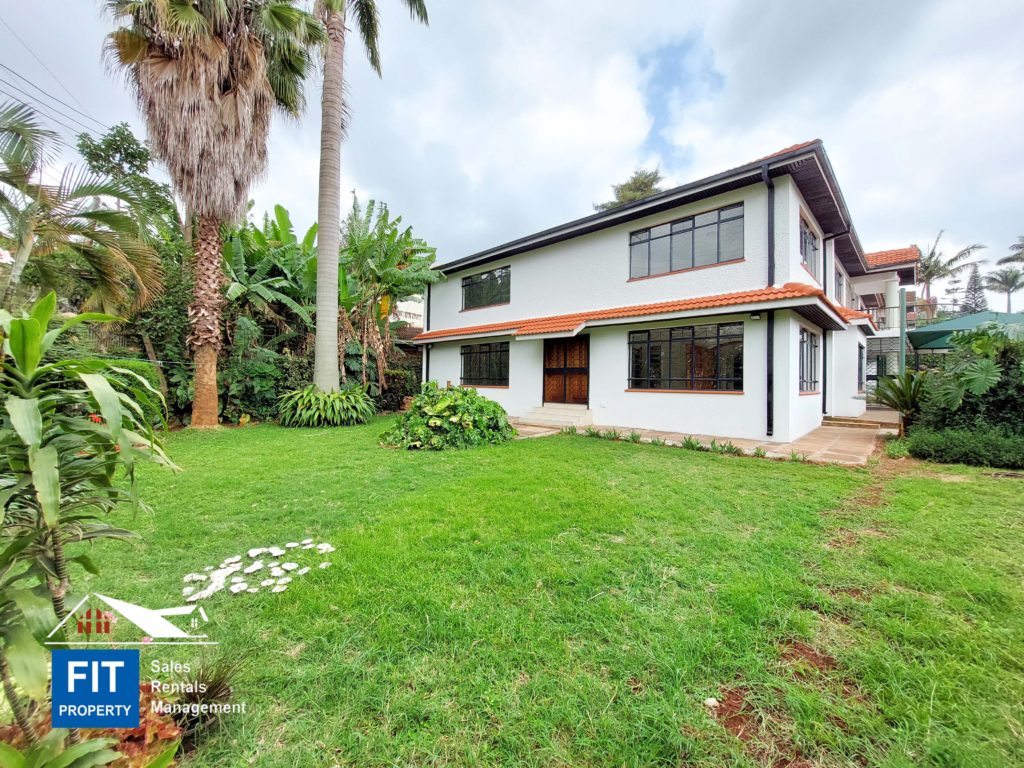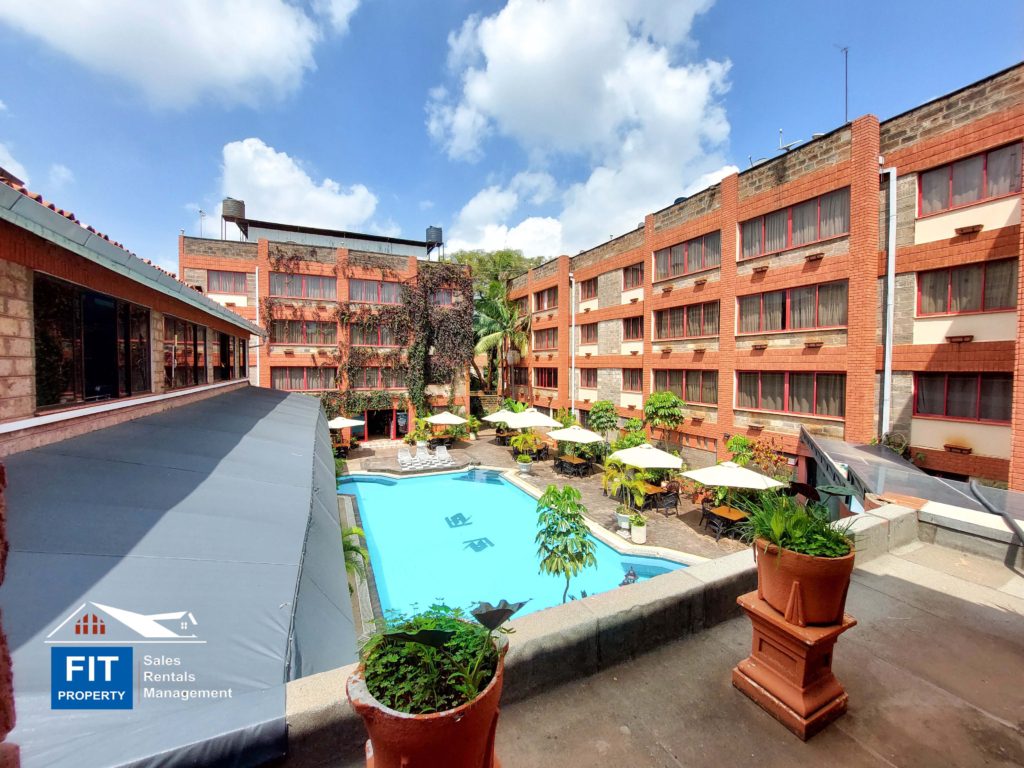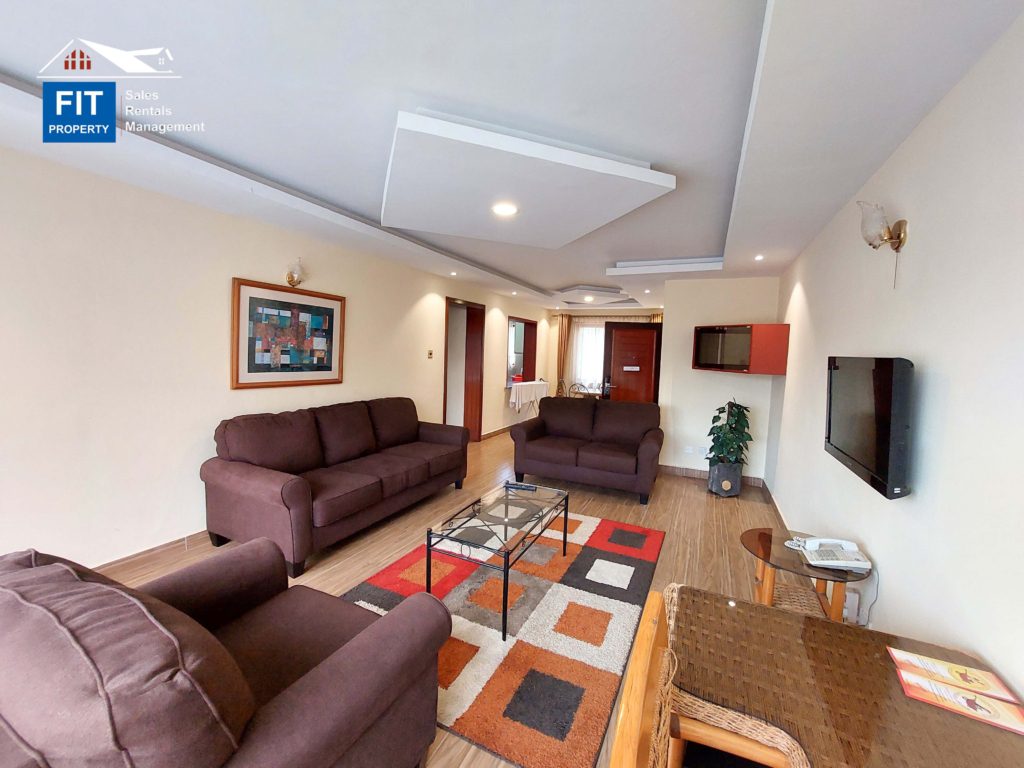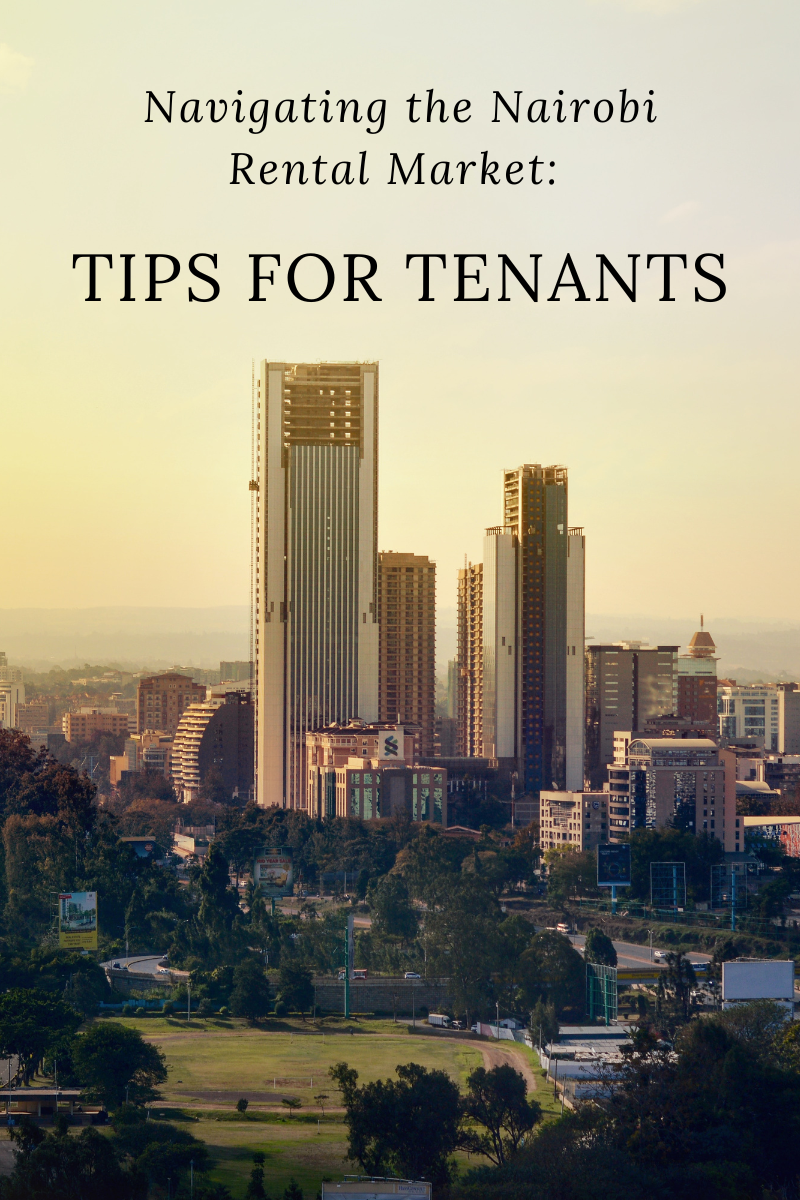Navigating the Nairobi Rental Market: Tips for Tenants
Renting a property in Nairobi offers a flexible and convenient housing solution, whether you’re a young professional seeking a vibrant urban lifestyle or a family looking for a comfortable home. However, navigating the Nairobi rental market can be challenging, with various factors to consider and decisions to make. In this article, we provide valuable tips for tenants to help you successfully navigate the Nairobi rental market, ensuring a smooth and rewarding renting experience.
1. Determine Your Budget:
Before starting your search, it’s essential to establish a realistic budget. Consider your monthly income, expenses, and other financial obligations. Take into account not only the monthly rent but also additional costs such as utilities, parking, and maintenance fees. Setting a budget helps you focus your search on properties that fit within your financial means and ensures you can comfortably afford the rental without
straining your finances.
2. Research Neighborhoods:
The Nairobi rental market offers a wide range of neighborhoods, each with its own unique character, amenities, and proximity to essential services. Research different neighborhoods to identify the ones that align with your preferences and lifestyle. Consider factors such as proximity to your workplace, schools, transportation options, safety, and the availability of amenities like shopping centers, parks, and recreational facilities.


3. Engage with a Reputable Real Estate Agency:
Working with a reputable real estate agency like FIT Property can greatly simplify your Nairobi rental journey. Real estate agencies have access to a wide range of rental properties, and their expertise and knowledge of the market can help you find the perfect rental home. FIT Property, in particular, offers a personalized approach and can guide you through the entire process, from property selection to lease negotiation. Their experience and network make them invaluable allies in your search for a rental property in Nairobi.
4. Start Your Search Early:
In the Nairobi rental market, it’s crucial to start your search well in advance. Begin looking for rental properties at least a few months before your desired move-in date. This allows you to explore various options, conduct thorough inspections, and negotiate terms without feeling rushed. By starting early, you increase your chances of finding the ideal property that meets your requirements.
5. Attend Open Houses and Schedule Viewings:
Attending open houses and scheduling viewings is an excellent way to get a firsthand look at the Nairobi rental properties you’re interested in. Take note of the property’s condition, layout, and amenities. Pay attention to any signs of maintenance issues or repairs that may need to be addressed. It’s also a good opportunity to ask questions about the lease terms, rental price, and any additional fees. Viewing multiple properties allows you to make informed comparisons and make the best decision for your needs.


6. Understand Lease Agreements:
Lease agreements outline the terms and conditions of your tenancy. It’s essential to thoroughly read and understand the lease before signing it. Pay attention to details such as the duration of the lease, rent payment terms, security deposit requirements, maintenance responsibilities, and any restrictions or additional charges. If there are any clauses you’re unsure about, seek clarification from the landlord or the real estate agency representing the property. Understanding the lease agreement protects your rights as a tenant and helps prevent any misunderstandings during your tenancy.
7. Conduct a Comprehensive Inspection:
Before moving into your Nairobi rental property, conduct a comprehensive inspection of the premises. Document any existing damages or issues, such as broken fixtures, chipped paint, or faulty appliances. Take photographs or videos as evidence of the property’s condition at the beginning of your tenancy. This documentation will help ensure that you are not held responsible for pre-existing damages when you eventually move out.
8. Communicate with Your Landlord:
Maintaining open and clear communication with your landlord is crucial throughout your tenancy. Establish a good rapport from the beginning and promptly address any concerns or maintenance issues that may arise. If there are repairs or maintenance requests, inform your landlord in writing and keep a record of all correspondence. Regular communication helps foster a positive relationship and ensures that any necessary repairs are promptly addressed.
9. Understand Tenant Rights and Responsibilities:
Familiarize yourself with the rights and responsibilities outlined in the Kenyan Nairobi rental laws. As a tenant, you have certain rights, such as the right to a habitable living environment, privacy, and timely repairs. Understanding these rights will help you advocate for yourself and ensure that your landlord meets their obligations. Additionally, be aware of your responsibilities as a tenant, such as paying rent on time, adhering to the terms of the lease agreement, and properly maintaining the property.
10. Consider Renters Insurance:
While not mandatory, renters insurance is highly recommended. Renters insurance provides coverage for your personal belongings in case of theft, damage, or loss due to unforeseen events such as fire or flooding. It also offers liability protection if someone is injured while on the property. The cost of renters insurance is relatively affordable and provides peace of mind, knowing that your belongings are protected.
11. Respect Your Neighbors and the Property:
Being a good tenant goes beyond paying rent on time. Respect your neighbors by being mindful of noise levels, parking regulations, and communal areas. Take care of the property and report any maintenance issues promptly. Keeping the property clean and well-maintained not only ensures a pleasant living environment but also reflects positively on you as a responsible tenant.
12. Renewing or Terminating Your Lease:
If you wish to renew or terminate your lease, be sure to communicate your intentions to your landlord well in advance. If you’re considering renewing, discuss the terms and conditions with your landlord and negotiate any necessary adjustments. If you plan to move out, provide the required notice period as specified in your lease agreement. Leaving on good terms with your landlord increases the likelihood of
receiving a positive rental reference for future endeavors.
13. Seek Professional Assistance:
If you encounter challenges or disputes during your tenancy, it may be beneficial to seek legal advice or mediation services. Professional assistance can help you navigate complex situations and ensure that your rights as a tenant are protected. Organizations such as the Rent Restriction Tribunal and local tenant associations can provide guidance and support in resolving any issues that may arise.
Conclusion:
Navigating the Nairobi rental market requires careful consideration, proactive research, and effective communication. By following these tips, you can enhance your renting experience and ensure a smooth transition into your new home. Remember, working with a reputable real estate agency like FIT Property can provide invaluable assistance throughout the process, from property search to lease negotiation. Their expertise and personalized approach can help you find the ideal rental property in the Nairobi rental market. Embrace the exciting opportunities that the Nairobi rental market offers, and embark on your rental journey with confidence.



